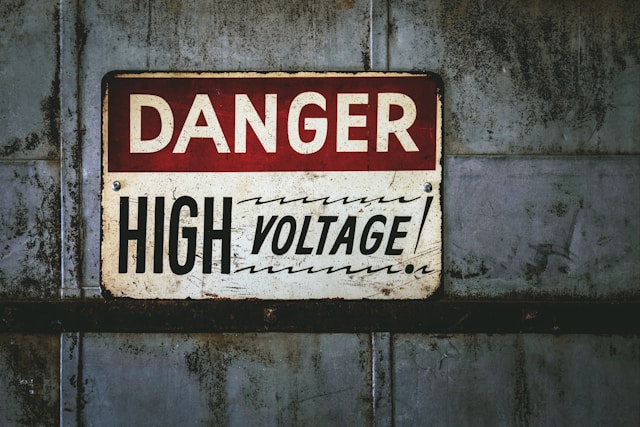
The railroad cancer lawsuit lawyers at Doran & Murphy have been representing railroad workers in cancer cases for 30 years. In that time, we have found “cancer clusters” for many different jobs on the railroad: Engineers, Brakemen, Conductors, Car Shop Workers, Diesel Repair Shop Workers, Signalmen, Welders, and Track Workers. Sadly, oftentimes when our office is contacted about a case for a railroad worker with cancer, it involves someone who worked for years in the Track Department, also known as the Maintenance of Way Department. So why do so many Track Workers and Track Machine Operators get cancer on the railroad?
Railroad Track Workers and Machine Operators have been exposed to many cancer-causing toxic substances over the years:
- Ballast Dust – Dumping ballast or disturbing it with track equipment, such as ballast regulators, can release large amounts of silica-containing ballast dust into the air and create cancer hazards for nearby workers. The health risks caused by silica were discussed in a prior blog and can be life-threatening. The Occupational Safety and Health Administration (OSHA) has previously found that railroad track workers were at risk of excessive and unsafe levels of ballast dust and silica exposure. The Centers for Disease Control (CDC) and the National Institute of Occupational Safety and Health have also concluded that railroad workers are at risk for silica-related disease.
- Diesel Exhaust – Diesel-powered track repair equipment (ballast regulators, tampers, etc.) regularly spewed out diesel exhaust with railroad workers nearby. Locomotives passing on adjacent tracks only increased the amount of diesel exhaust in the air. A prior blog highlighted that railroad management knew about the hazards of diesel exhaust and the different cancers linked to excessive exposure.
- Creosote – Railroad ties were coated with creosote to preserve them over time. Workers would breathe in creosote fumes or get creosote on their skin. Both methods of exposure increased cancer risks for railroad workers. The U.S. Centers for Disease Control has concluded that “exposure of workers to creosote has been shown to increase cancer in several issues, including the respiratory tract, skin, lung, pancreas, kidney, scrotum, prostate, rectum, bladder, and central nervous system.”
- Asbestos – During the 1970s and 1980s, railroad track workers were instructed to repair “pull-aparts” by setting fire to asbestos rope soaked in diesel fuel to heat the rail. Handling the asbestos rope created high levels of exposure to asbestos, which has been linked to many different cancer types. Unfortunately for workers, it doesn’t take a lot of exposure for asbestos to cause cancer. OSHA has concluded on the basis of decades of medical research that there is “no safe level of asbestos exposure.” Our law firm uncovered evidence in past cancer cases proving that even after the railroads recognized the dangers of asbestos rope, some kept using it. For example, a track supervisor at a major Class 1 railroad wrote to his manager complaining that the fiberglass substitute rope, which became available in the 1980s, “does not absorb diesel and is totally inadequate for pull-aparts” and therefore asked to be sent “the real asbestos rope.”
These exposures greatly increased the risk of cancer for countless railroad workers. These exposures could have been avoided had the railroad adopted simple safety measures that were widely available and used in other industries. What makes the railroads’ blatant disregard for safety so horrible is that they knew that these substances could cause cancer for decades. The railroads openly discussed cancer risks to workers back in the 1950s. Rather than address the concerns, they chose profits over safety and ignored the cancer hazards by failing to warn workers and address unsafe exposures. Thousands of railroad workers have paid the price for the railroads’ failure to prioritize safety. Additional information about railroad track workers and cancer can be found in a prior blog.
If you or a loved one worked for the railroad and has cancer, contact the railroad cancer lawyers at Doran & Murphy online here or call us at 1-800-374-2144 to learn about the compensation that is available.





